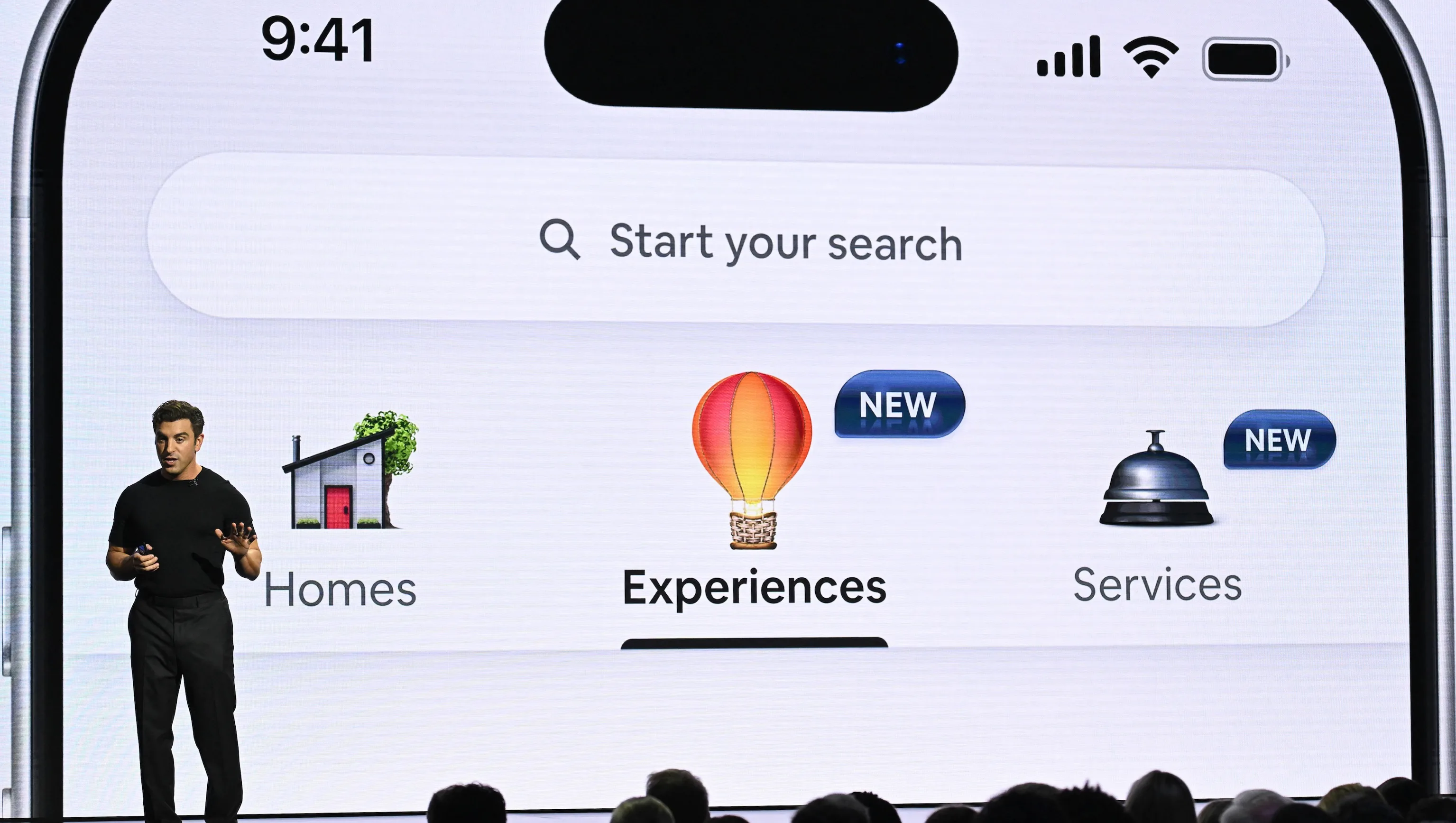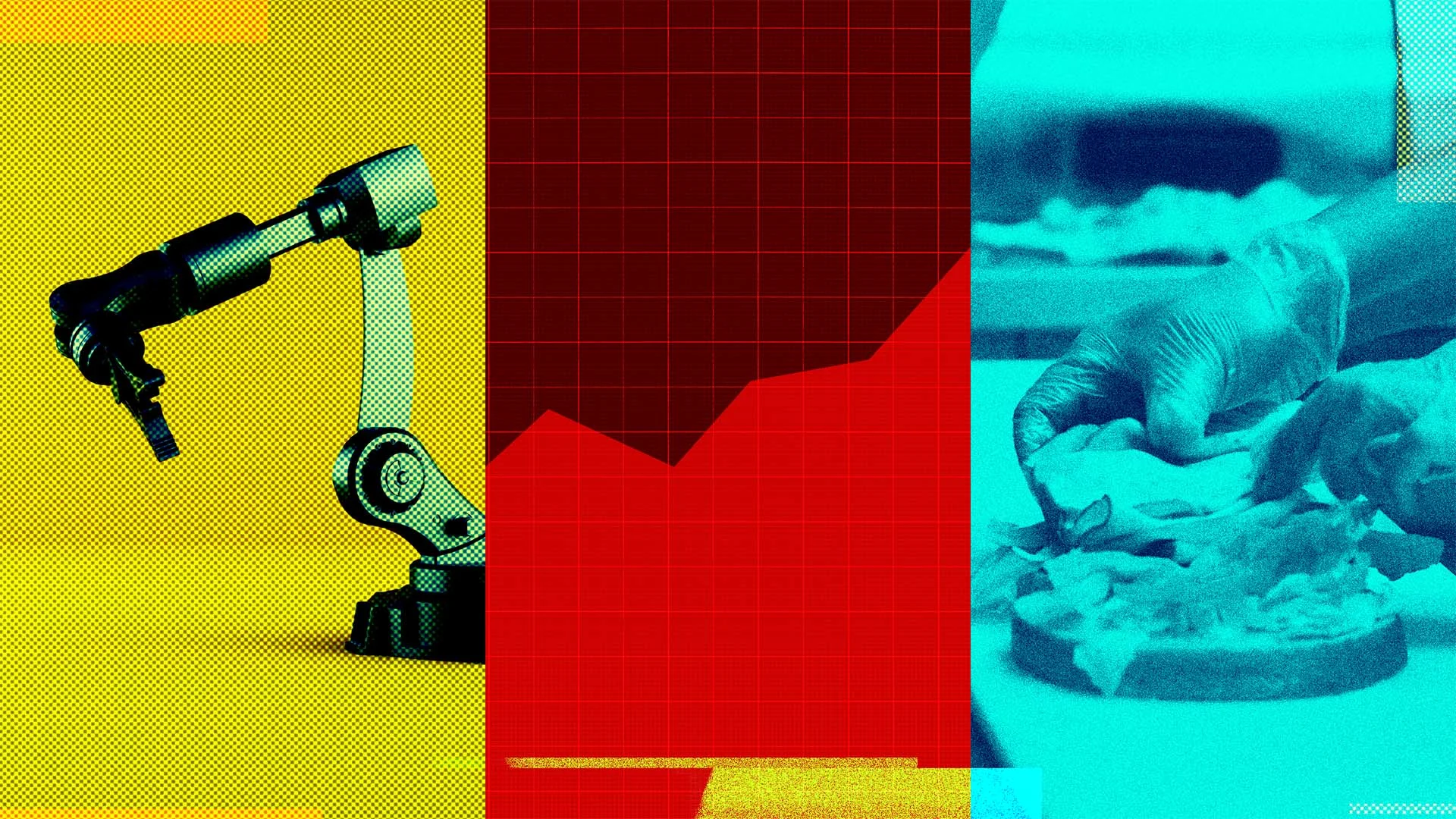I Created These Spreadsheets to Help Me Play Video Games (and Yes, This Is a Cry For Help)
I have a problem that no patch can fix. I keep making spreadsheets for the games I'm playing, and I will never stop.

Hades II introduces a new mechanic called Forget-Me-Not, which allows players to pin recipes they don't have enough crafting reagents for. While they're out in the world, the path to those resources will be highlighted, making it easier to keep track of what you need. I love this feature, in no small part because I've been making my own version of it for other games for years. It's just one of the many ways I use spreadsheets to improve my gaming.
To be clear, I am not recommending that you follow in my footsteps and create a spreadsheet for every game you play. I am deeply unwell, the world is on fire, and creating little charts and tables is how I exert some semblance of control over a chaotic world. Also, not every game needs a spreadsheet.
For some games, though, it's just more helpful to have your own goal tracker. Especially in sandbox games, where the quest markers are only the start of what you can do. For my purposes, I'll either use a typical Google Sheet, or if I'm feeling real spicy, I'll branch out to something like Notion for some more flexible tools. Here are just a few examples of what I do.
Tracking Tears of the Kingdom armor upgrades
There are so many armor sets in Tears of the Kingdom, and tracking down every piece is super rewarding both in terms of exploration and the powers you get from different sets. What's less rewarding is upgrading the ones you already have. You need to visit Great Fairies with the right amount of ingredients, some of which are super rare or only drop from specific enemies. Some of which you might've otherwise walked right past if you didn't know you needed them. (Looking at you, Lizalfos tails.)
That's why I made this armor upgrade tracker. I gave myself sections to mark off which sets I'm most interested in collecting, how many pieces I still have left to claim, what upgrade level each of them is currently at, and whether there's a set bonus I haven't unlocked yet. Most of this info is technically visible in the UI, but this way I don't have to dig through menus to see whether I've finished upgrades on the Froggy armor before I go collect a bunch of sticky lizards.
I also gave myself space to write down what ingredients I need for an upgrade, which is low-key the most helpful part for me. Almost everything in Tears of the Kingdom is used to upgrade some armor set or another, but I don't always remember which ones I care about. And the only way in-game to see what ingredients are needed for an upgrade are to visit the Great Fairy directly.
This saved me tons of wasted effort because, when I'm out adventuring, I can quickly look at my notes to see whether I still need a particular item when I come across it. Not only is this handy as reference, but it saves me from having to go on a farming run later for the five Thunderwing butterflies I walked right past hours earlier.
Running an outpost empire in Starfield

I have my complaints about Starfield, but that didn't stop me from spending dozens of hours building outposts to farm as many resources as possible. Is there a point to this? Not really. Most resources you need in Starfield, you can either buy or farm easily. But I like building my own mini-economies. The only trouble is, the game isn't built to be the overseer of dozens of outposts.
Enter my Notion table. For this one, I gave myself at-a-glance reference points for the resources each planet has, which of those resources are available at my outpost, and which of those I'm currently harvesting. Since you get a bonus when you've fully surveyed a planet, I've also marked whether I've completed that planet's survey. (Note: I wasn't able to easily make this into a template, so you'll have to make your own version from scratch. This page from Notion will help you understand the basics, but there are plenty of other YouTube tutorials to check out if you need more guidance.)
Granted, this is my own personal Sisyphean boulder, since the only reason to spend this much effort organizing Starfield outposts is for the joy (?) of outpost organizing. However, I've done similar things for games like Stardew Valley, which are a bit more objective-oriented.
I used Notion for this one because I liked its approach to databases a little better than Google Sheets. You can create a full database with entries for all the data you need, but then create alternate views that only focus on some of the data you've created. For example, I also tracked what flora and fauna grew on each planet, but since I didn't need that while managing my outposts, I decided to create a view that didn't include it.
Quantifying my time wasted in Overwatch 2
Of all the spreadsheets I've made for the games I play, few have brought me as much pain as this one. Overwatch 2 switched to a battle pass system, with rewards that will disappear if you don't claim them by the end of the season. I play a lot of this game already, but I wanted to know just how much time it would take to complete certain rewards.
So, I made myself a little calculator. I started by tracking the average amount of time it took to complete a game and how much XP I got for each game. Then I gave myself a few boxes that calculate how much time it would take to reach a reward tier, based on how much XP I'd earned so far. I got it down to a point where I only had to fill in three blocks (highlighted in blue in the sheet) to see how much more time I was planning to waste in a game for a cosmetic reward I wouldn't even use.
Now, I don't need to be told to play Overwatch 2. I love playing it with my friends, and I'll gravitate to it regardless of how much it mistreats me. The real value here is that, sometimes, this spreadsheet discourages me from playing. If the game says "You're just 50,000 XP away from getting a reward!" it might seem like a good idea. The game wants you to keep playing after all. Instead, my spreadsheet says "You will have to play 41 more hours of this game to reach that level. So I sigh and close the game.
This has actually helped me kick some of that "Just one more game" habit that's so easy to fall into. Every online game these days has a litany of rewards and points and blips and bloops designed to give you just a little dopamine every time you decide to keep playing. My calculator tool wasn't designed to save me time, but it did end up being more honest about it than Blizzard would ever be.
Other spreadsheet ideas
These are just a few of the many examples I've made over the years. I've made sheets that calculate how much my Stardew Valley crops will yield over time, taking the guesswork out of buying from Pierre's store. (I'm also far from the first with this idea.) I've also made sheets similar to my Tears of the Kingdom tracker for upgrades in games from Skyrim to Horizon Forbidden West.
Even if you're not into making your own, there's a chance some enterprising gamer out there has made arcane spreadsheets for things like how much an armor buff affects your favorite hero. Any time there's some math I want to do that the game doesn't do for me, or resource requirements I'm sick of Googling over and over, I'll turn to my trusty spreadsheets—and now you can (should?) too.













































































































![Are AI Chatbots Replacing Search Engines? AI vs Google [New Research]](https://www.orbitmedia.com/wp-content/uploads/2025/05/How-often-are-we-using-AI-chatbots_.webp)


















































